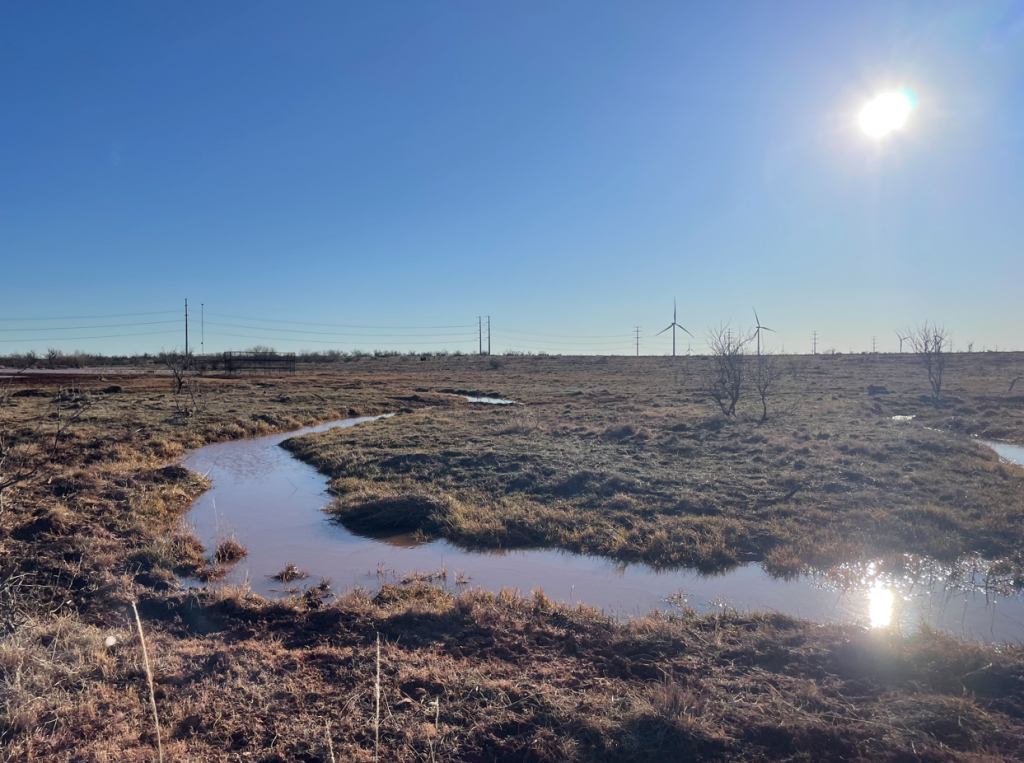
Senior Farm and Ranch Broadcaster Ron Hays is visiting with National Cattlemen’s Beef Association Chief Counsel Mary-Thomas Hart, about the latest on WOTUS (Waters of the U.S.).
The NCBA has expressed strong disappointment in a decision by the U.S. District Court in the Southern District of Texas to deny a nationwide preliminary injunction that would have halted the Biden administration’s harmful Waters of the United States (WOTUS) rule from taking effect.
While this decision was disappointing, Hart said that Judge Brown from the Southern District of Texas offered a very detailed opinion in response to NCBA’s request for a nationwide preliminary injunction of the Biden administration’s WOTUS definition.
“I think it is worth noting that if you are in Texas or Idaho, you are not going to be subject to the Biden WOTUS rule,” Hart said. “There was a preliminary injunction applied in two states, but for the other 48 states, the Biden administration’s rule takes effect on Monday, March 20th.”
The Environmental Protection Agency finalized the latest WOTUS rule at the end of 2022. NCBA and its litigation partners filed a lawsuit seeking to overturn the rule on January 18, 2023. NCBA sought a nationwide preliminary injunction, which would have prevented the federal government from implementing the WOTUS rule until the entire case is decided. Instead, the court granted a limited injunction in only two states—Texas and Idaho.
“We asked the court for this preliminary injunction either through litigation of the rule on the merit, or through the Supreme Court’s issue of the Sackett opinion, which we expect in the next few weeks,” Hart said.
With this new rule in effect, Hart advises any producers who are considering starting any new projects that may involve the manipulation of a water feature on their property to seek out technical assistance beforehand.
One issue NCBA has with the recent rule, Hart said, is the grey area surrounding whether or not certain water features such as those that do not contribute to downstream water quality would be subject to federal jurisdiction.
“There is a lot of uncertainty for producers,” Hart said. “I would say definitely be cautious going forward, at least for the next few weeks until we hear from the Supreme Court.”
Hart also talked about why Judge Brown in the Southern District of Texas was not in favor of the nationwide injunction.
“I think we have seen a real, kind of cautious approach to this idea of a nationwide preliminary injunction, especially from more conservative judges that don’t want the federal government to take a heavy hand in regulating land owners across the country,” Hart said.
It is a conservative principle to not enact sweeping mandates that cover everyone in the country, Hart said, so while in this case that decision was not favorable, in the past it has been helpful to have judges who do not love nationwide preliminary injunction.
“Just because Judge Brown didn’t give us the nationwide preliminary injunction, doesn’t mean that he doesn’t see some real issues with the Biden rule,” Hart said. “We got a really helpful opinion from this court even through the outcome wasn’t necessarily what we were looking for.”
Judge Brown highlighted issues with the significant nexus test that the Biden Administration uses in this rule, Hart said, and also with the administration’s assertion that is has absolute authority of every interstate feature in the country regardless of its size, or whether it contributes to downstream water quality.
“I think those things, together, bode well for a positive outcome down the road,” Hart said.
The Beef Buzz is a regular feature heard on radio stations around the region on the Radio Oklahoma Ag Network and is a regular audio feature found on this website as well. Click on the LISTEN BAR for today’s show and check out our archives for older Beef Buzz shows covering the gamut of the beef cattle industry today.















